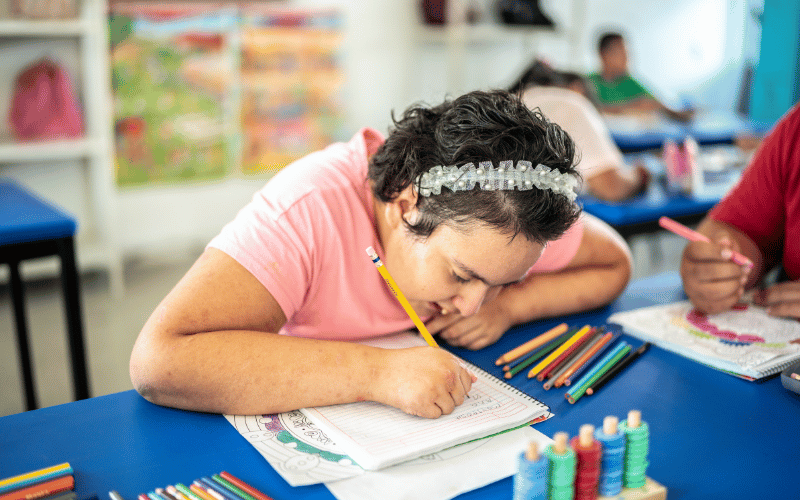Symptom 5. Growth and Developmental Delays: A Challenge for Fanconi Anemia Patients

Growth and Developmental Delays: A Common Concern
Growth and developmental delays are common symptoms in individuals with Fanconi anemia. These delays can manifest as short stature, delayed milestones, or learning difficulties. The exact cause of these delays in Fanconi anemia is not entirely understood, but it is believed to be related to the body’s inability to repair DNA damage effectively, leading to issues with cellular growth and development.
Impact on Physical and Cognitive Development
Growth and developmental delays in Fanconi anemia can impact various aspects of an individual’s life, including physical, cognitive, and social development. Physical growth may be stunted, leading to short stature and potentially affecting mobility and coordination. Cognitive development can also be impacted, with some children experiencing learning difficulties, attention problems, or other intellectual disabilities.
Managing Growth and Developmental Delays: Strategies and Interventions
Management of growth and developmental delays in Fanconi anemia may involve a combination of medical interventions and supportive therapies. Medical treatments may include hormone replacement therapy, such as growth hormone, to address growth issues. Supportive therapies, like occupational therapy, physical therapy, and speech therapy, can help address developmental delays and improve functional skills. In addition, special education services may be necessary to support children with learning difficulties.
The Importance of Early Intervention
Early intervention is crucial for individuals with Fanconi anemia experiencing growth and developmental delays. Identifying and addressing these delays early on can help improve long-term outcomes and overall quality of life for affected individuals. Regular monitoring of growth and development, along with appropriate referrals to specialists and therapists, can help ensure that Fanconi anemia patients receive the support they need to reach their full potential. (5)